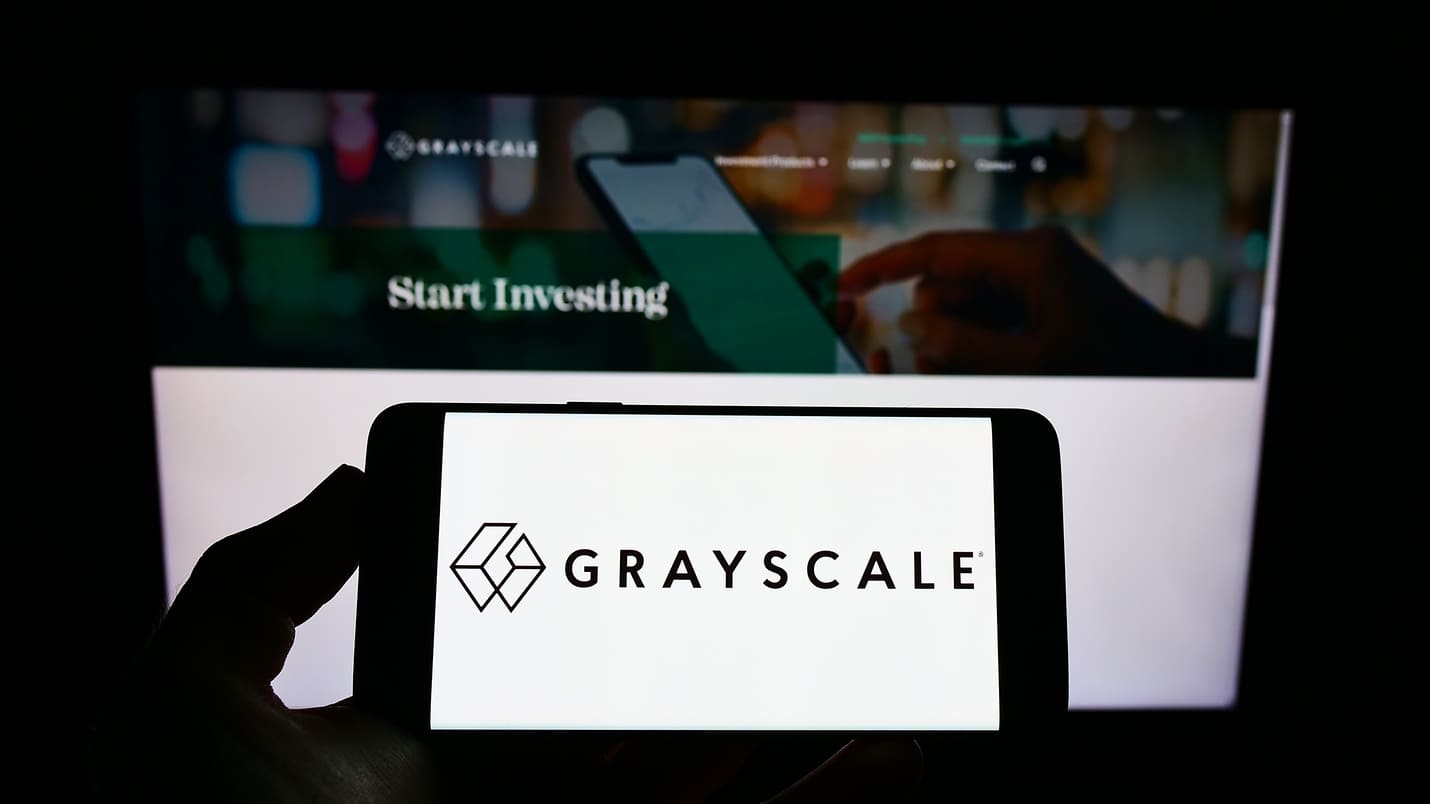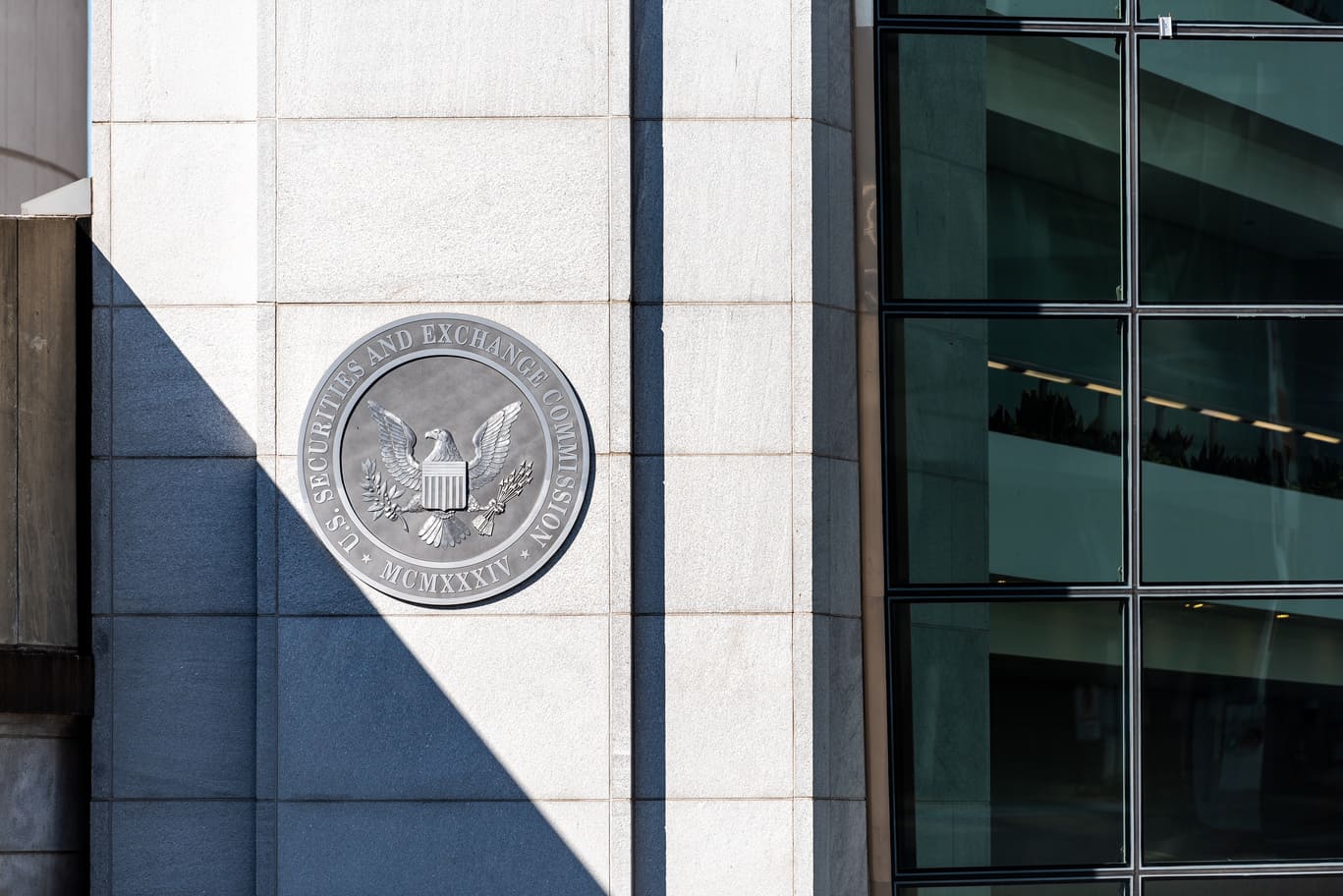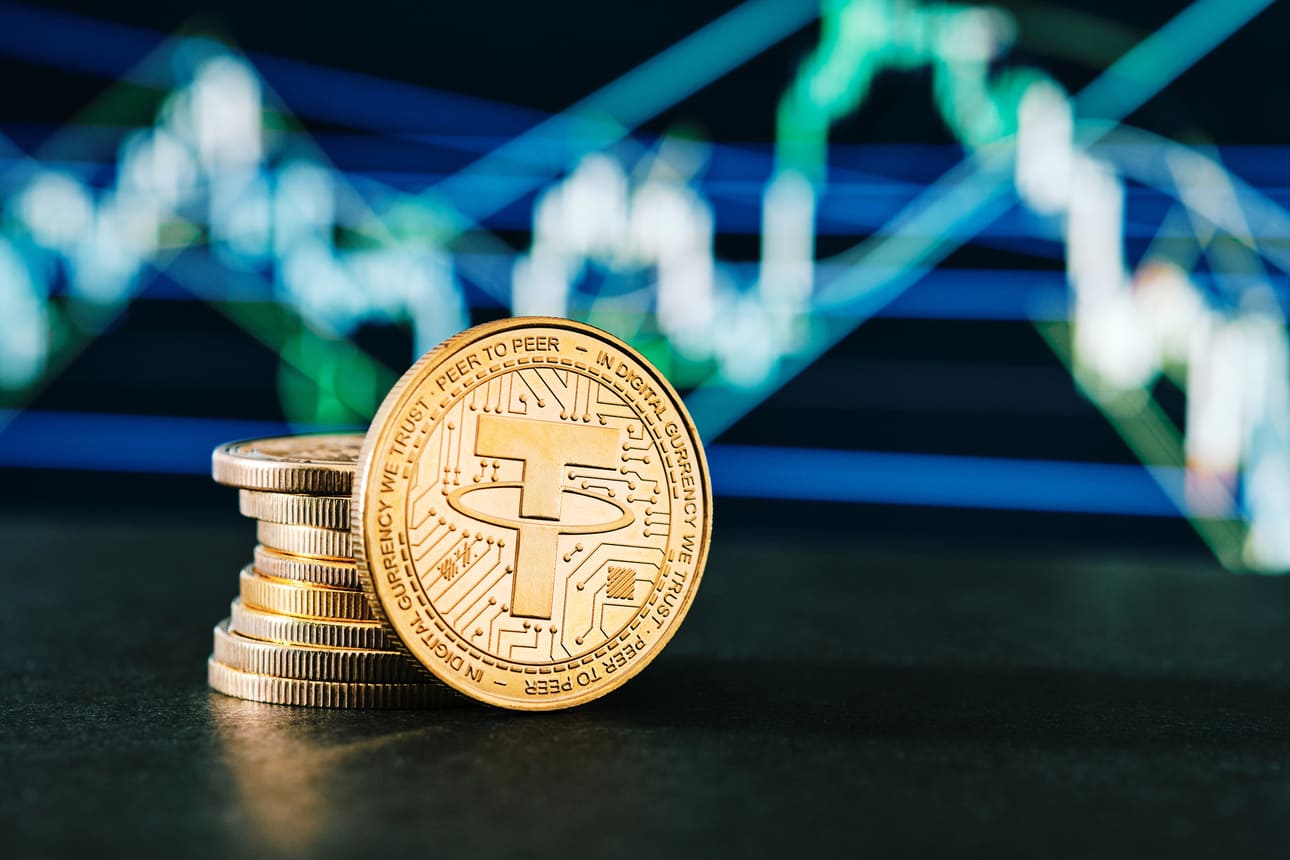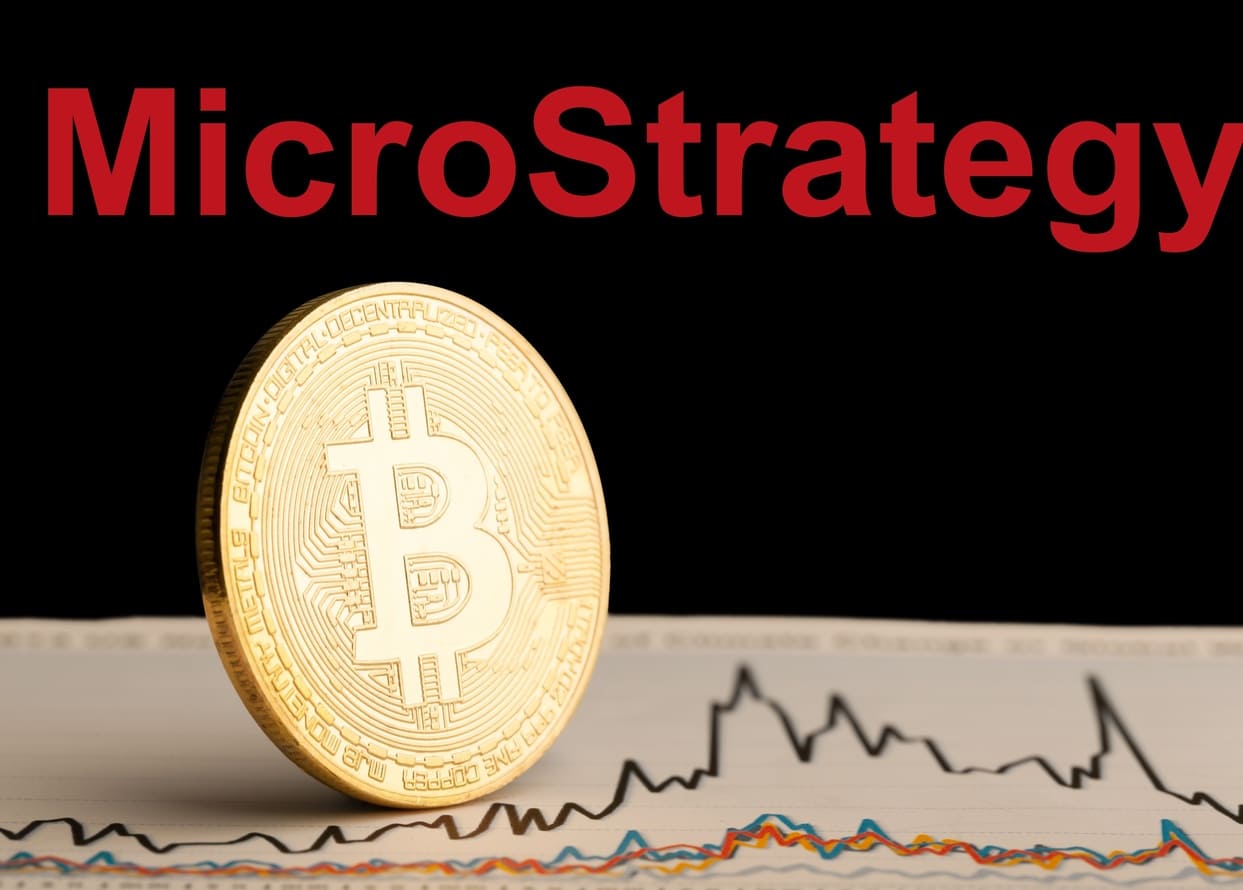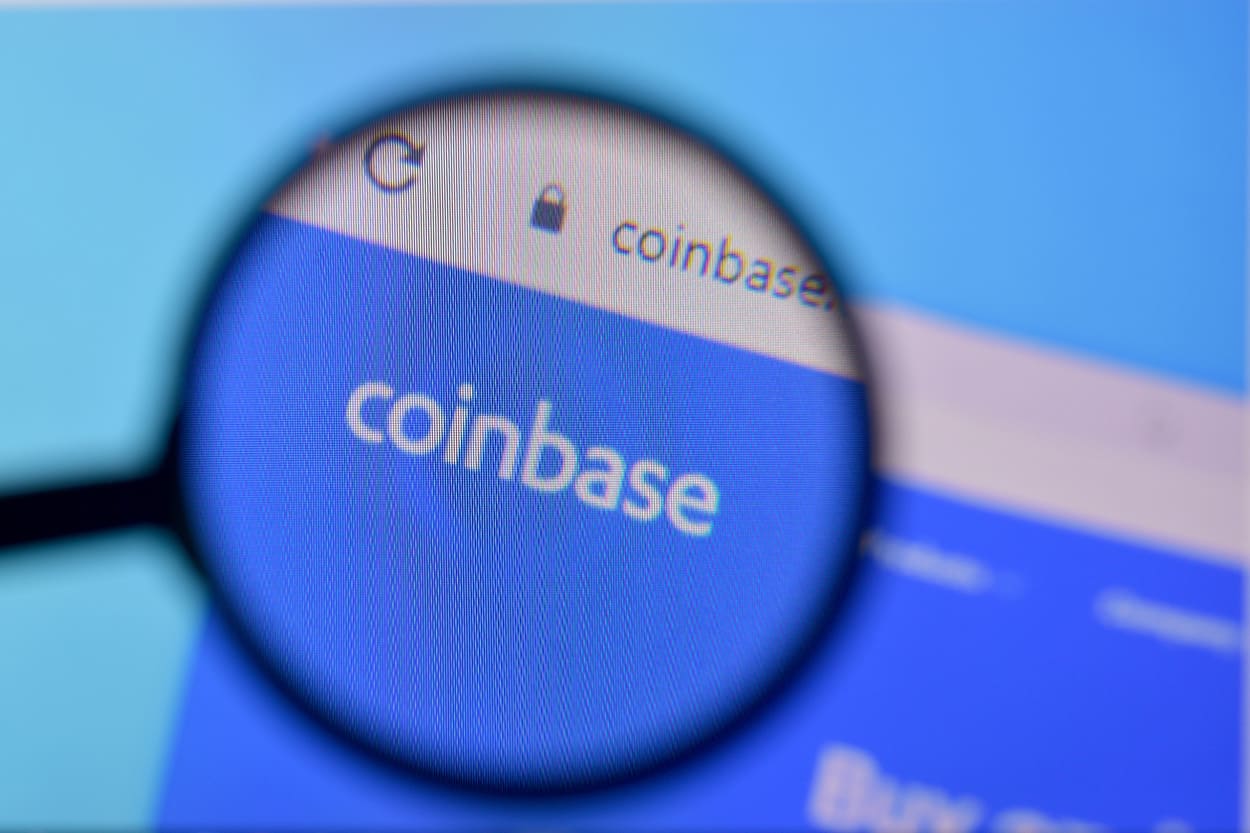
Coinbase Defends Its Staking Services as Non-Securities, Challenges SEC Regulation
According to the company's Chief Legal Officer Paul Grewal, SEC ’s approach to the issue “push users to offshore, unregulated platforms.”
Cryptocurrency exchange Coinbase has published a blog to highlights that the staking services it provides should not be considered as a security offering by the regulatory authorities, criticizing the U.S. Securities and Exchange Commission (SEC) approach towards the matter.
In a blog post published after the resolution of the $30 million dispute between the SEC and cryptocurrency exchange Kraken, the company's Chief Legal Officer Paul Grewal expressed his disapproval of the approach taken by the US SEC towards cryptocurrency regulation. He stated that relying on enforcement actions instead of proper rulemaking is an inadequate method of regulating the industry and that an incorrect classification in regulations could have a negative impact on the entire cryptocurrency industry.
“Staking is not a security under the US Securities Act, nor under the Howey test, which the SEC uses to determine whether an investment contract is a security,” Grewal pointed out in its post. He argued that “staking services do not constitute an investment of money” as “staking customers retain full ownership of their assets at all times, as well as the right to ‘unstake’ those assets consistent with the underlying protocol,” while they also “do not meet the ‘common enterprise’ prong of Howey because assets are staked on decentralized networks,” so that they are “only connected by blockchain technology and they validate transactions through a community of users, not a common enterprise.”
“Staking rewards are simply payments for validation services provided to the blockchain, not a return on investment. They are set by the blockchain protocol and are the same whether the customer stakes on their own or through an intermediary like Coinbase,” he explained. “The only difference is that a user who stakes on their own may need to buy a dedicated computer and pay to keep it running, while the customer who stakes through Coinbase, pays us a fee to do those things on their behalf.” Also, he explained that service providers simply use publicly-available software and basic computer equipment to perform validation services and do not perform any managerial efforts. “These are IT services, not investment services.”
According to Grewal, “trying to superimpose securities law” onto a process like staking doesn’t help consumers at all as it will prevent users from accessing basic crypto services in the US and push them to offshore, unregulated platforms. “Blockchain technology can spur significant economic growth in the US and staking is a safe and critical aspect of that technology. Coinbase supports sensible regulation in our industry. But regulation by enforcement that does nothing to help consumers and drives innovation offshore is not the answer”, Grewal concluded.


